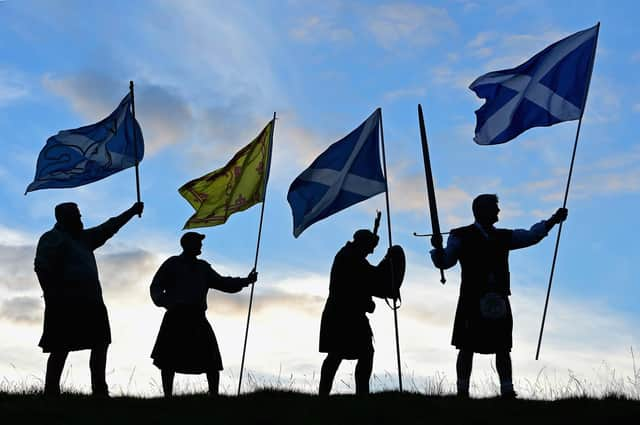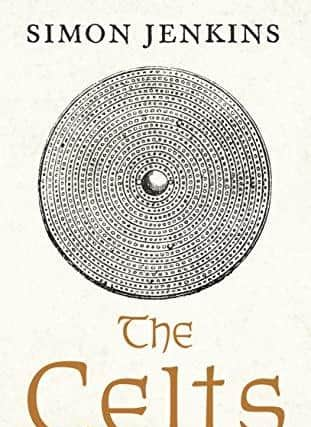Book review: The Celts, by Simon Jenkins


Simon Jenkins gives his book the subtitle “A Sceptical History”. Fair enough; much nonsense has been talked and written about Celts and the Celtic world. The word is originally Greek – “Keltoi”. There is no word “Celtic” in any of the languages now described as Celtic, and it is only since the 18th century that the word has been applied to these languages and the people who speak them. Jenkins makes a good deal of this, but so what? The word has been widely adopted as a term of identity. It marks the Scots, Welsh and Irish out as different from the English, and this is pleasing and convenient. Two hundred years ago Lowland Scots were happy to be thought Teutonic. Few would now call Burns “a piece of the right Saxon stuff” as Carlyle did.
Jenkins has no time for the old belief that the Anglo-Saxon invaders of England and the south-east of Scotland drove the “Celtic-speaking” peoples into the West in the centuries after the Roman occupation ended. He reckons that there were English (that is, Teutonic) speaking people there already. Perhaps there were, but Welsh and Anglo-Saxon historians, much nearer to these times than we are, thought differently. They may have been right.
Advertisement
Hide AdJenkins, a former editor of The Times, now a columnist on The Guardian, and author of more than twenty books, belongs to the British Establishment. His father was Welsh, his mother English, and the best parts of this book deal with Welsh history and culture. Unlike Irish and Scots Gaelic, Welsh remains in common use as a first language in much of north and central Wales, but not in the south. The nationalist Party Plaid Cymru is now flourishing, but Nye Bevan, the creator of the NHS, deplored Welsh nationalism which he thought endangered the unity of the British working class. Dylan Thomas wrote beautifully about Wales and Welsh life, but, asked for his view of Welsh nationalism, he replied in three words, the second and third being Welsh nationalism. Still I learned a lot about Welsh history and culture from this book, for which I am grateful.


Jenkins is less sure-footed when he writes about Scotland. While he recognizes the appeal of Celticism and notes the importance of Scott’s encouragement of the Tartan cult as a means of unifying Highlands and Lowlands, he shows no interest in Scottish unionism or in what Sir Tom Devine has rightly called “Scotland’s empire”. Yet nothing has done more to weaken the union than the dissolution of the empire in which Scots played such a disproportionate part.
Jenkins is “astounded” that the English cling to “a Victorian ideology of Saxon superiority relegating the Irish, Welsh and Scots to the nuisance fringe of history” – not a view of things 19th-century Scots would have found acceptable. He is shocked that the English “have been unable to sustain a union with their neighbours in a prosperous modern federalism, as have most of the composite states of modern Europe”. Yet the problem relating to a federal UK is well known: the population disparity renders any federal settlement grossly unequal.
That said, though nationalism flourishes in all four countries, much of what Jenkins has to say about the different peoples of the nations that make up the UK and the Republic of Ireland seems out of date. Movement between the four countries and mass immigration from Eastern Europe, the Indian sub-continent, the Middle East and Africa means that while the portmanteau word “British” retains at least a legalistic meaning, the old familiar identities of English, Scots, Welsh and Irish are not what they used to be. In particular, it has become very difficult to say just who the English are. This would be a more interesting subject for Jenkins to address, and a more immediately important one than speculation about who was or was not a Celt or the meaning of Celticism. Isn’t it the case that, within what we used to know as the British Isles, identity for millions is now a matter of choice? As for the rise of political nationalism in Scotland and Wales, may this not be because Scotland is less distinctively Scottish and Wales less distinctively Welsh than both countries were 150 years ago?
The Celts, by Simon Jenkins, Profile Books, 290pp, £16.99